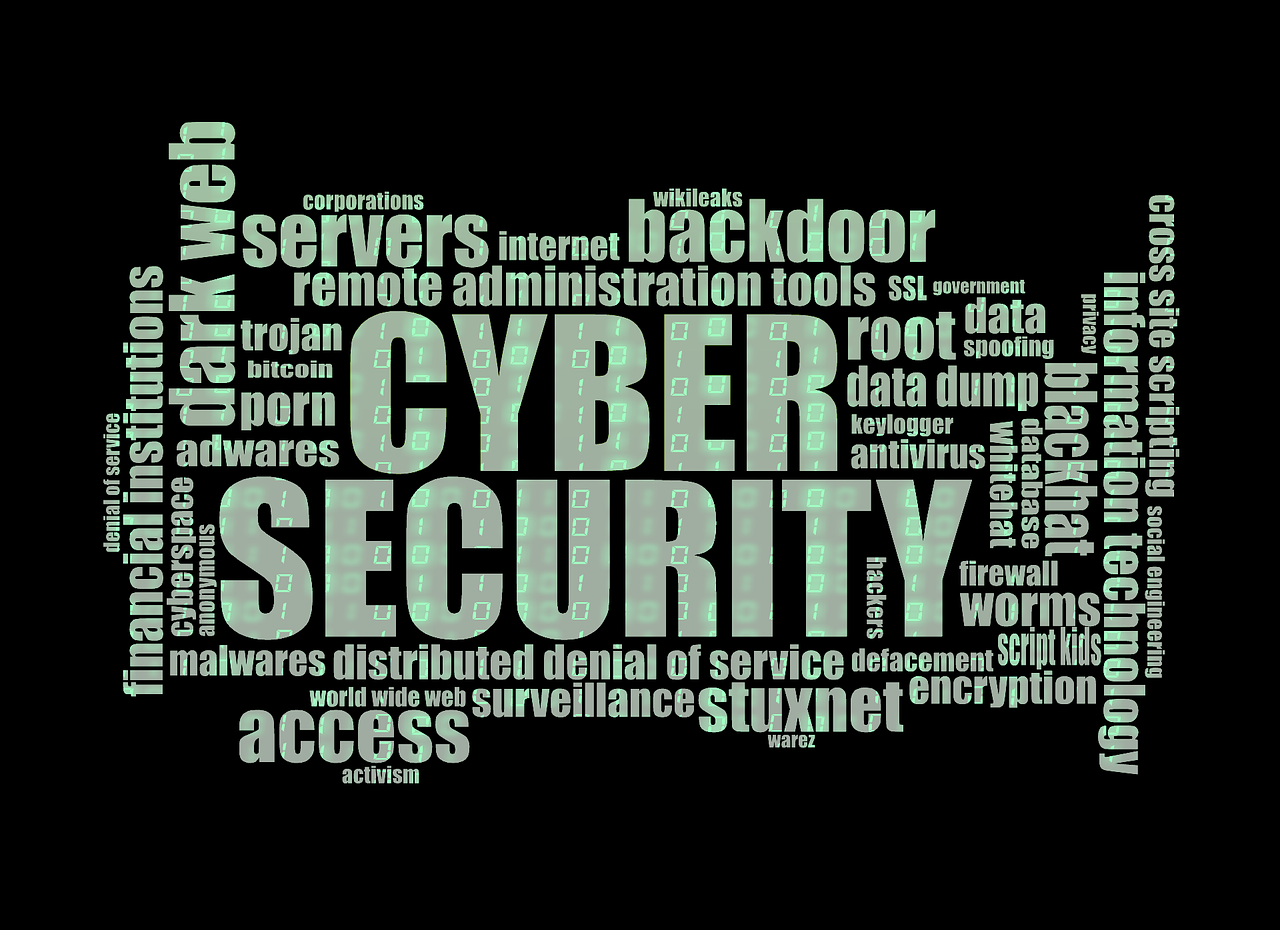Supporting Employees in Cybersecurity Training: Tips and Strategies for Providing Effective Support to Employees During Their Cybersecurity Education
Providing employees with access to an excellent cybersecurity training program is essential in today’s business world, but access alone is not enough. Companies must also make sure to support employees as they undertake cybersecurity training. Support is vital for...

Providing employees with access to an excellent cybersecurity training program is essential in today’s business world, but access alone is not enough. Companies must also make sure to support employees as they undertake cybersecurity training.
Support is vital for two primary reasons. The first is because the stakes are very high when it comes to cybersecurity. Today’s companies are under constant threat, with reports showing a cyberattack occurs approximately every 39 seconds.
Additionally, the financial damage incurred after a data breach for companies that fall victim to attacks is an average of $4.88 million. The more support a company provides, the greater the chance employees will be equipped to identify and repel attacks.
The second reason support is essential is due to the complex nature of cybersecurity training. It is critical to train every member of the organization on cybersecurity, so the training must be designed to effectively relate to a wide range of skill levels. Creating training that is accessible to beginners while still engaging for experienced computer users presents major challenges.
The ever-evolving nature of cybersecurity threats presents another challenge to effective cybersecurity training. As new threats emerge, training must clearly explain those threats and present strategies for foiling them. Without effective support, trainees can quickly fall behind and cause companies to become vulnerable.
Finally, cybersecurity training must overcome the challenge that all training programs face: presenting material in an engaging and effective way. If training is perceived as boring or irrelevant, engagement will suffer. Effective support will encourage employees to prioritize training and to retain and apply what they have learned.
Taking steps to support staff teams during cybersecurity training
One of the best ways managers can support cybersecurity training is by personalizing the content to each trainee’s unique situation. Content that is overly generalized can seem irrelevant and of little value. By connecting the material to real-world scenarios their organizations and teams may encounter, managers can make the training more meaningful and easier to apply.
Managers can also support training by leveraging intrinsic motivation to increase engagement and retention. Gamification principles can boost intrinsic motivation by giving participants a sense of autonomy and competence while also making training enjoyable. Training that incorporates badges, points, and leaderboards can also support intrinsic motivation by creating a sense of company-wide belonging and connection for trainees.
Presenting rewards to employees for participating in training can also be highly effective. The rewards don’t need to be expensive or extravagant. For example, managers can offer a day off or public recognition in team meetings to those who have effectively completed training and implemented best practices. Small prizes like gift cards or company-branded merchandise can also be motivating. The key is ensuring rewards are aligned with the team’s interests and values and that they are given regularly to encourage continuous participation and effort.
Punitive measures should not be part of the training. Punishing employees for mistakes or non-compliance can create a culture of fear and discourage trainees from asking questions and seeking clarification. This can stifle learning and derail incident reporting or other core practices that support cybersecurity. Managers who adopt a punitive approach risk undermining the central goals of cybersecurity training, which include building awareness and fostering proactive behavior.
Strategies for providing effective support during cybersecurity training
Effectively supporting employees in cybersecurity training requires a coordinated effort from various departments. Contributions from marketing and human resources can play a crucial role in helping communicate the importance of the training and ensuring it resonates with employees. Involvement from top leadership is also essential, as employees will be more likely to engage in training when they see a commitment from top management.
While training is being conducted, managers should watch for signs of active participation. Engaged employees will normally show enthusiasm and ask relevant questions, but if interest and engagement are low — which is often shown by the failure to complete training modules — it may indicate the content is not resonating with the audience.
After each phase of training is complete, managers should look for changes in behavior that reflect the instruction that was provided. Training is successful when it increases awareness about risks and best practices, evidenced by the employees’ ability to identify and respond to potential threats and by the incorporation of secure habits into their daily routines.
When reports related to security incidents decline or communication regarding cybersecurity decreases, it could suggest employees are either unaware of the risks or hesitant to report issues. Employees continuing to make the same security errors or neglecting best practices can also indicate training has not effectively changed behavior. If employees do not show improved adherence to security protocols and a reduction in risky activity, additional encouragement or more effective training may be needed.
A company’s employees serve as the front line of defense against many of today’s most popular cyberattacks. By providing and supporting effective cybersecurity training, organizations can ensure their employees are equipped to effectively support their cybersecurity efforts.

 FrankLin
FrankLin 
































